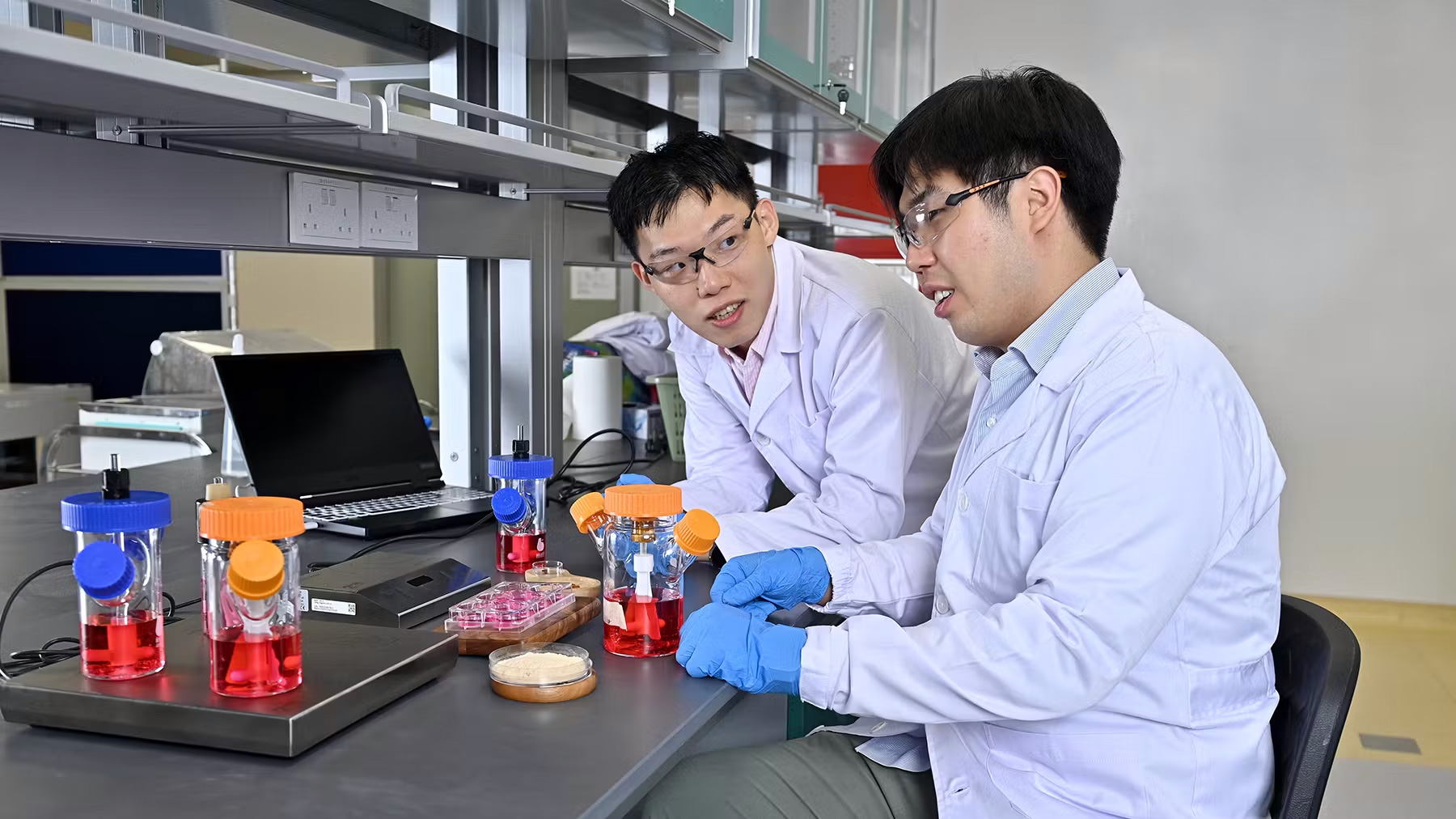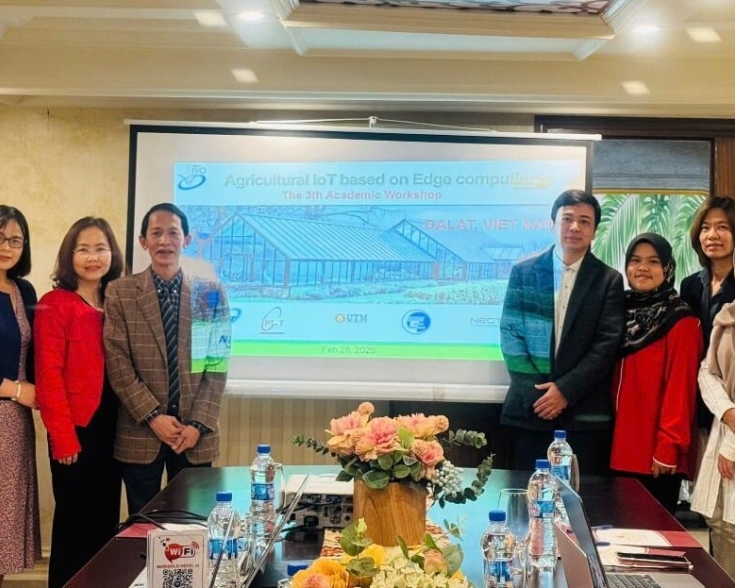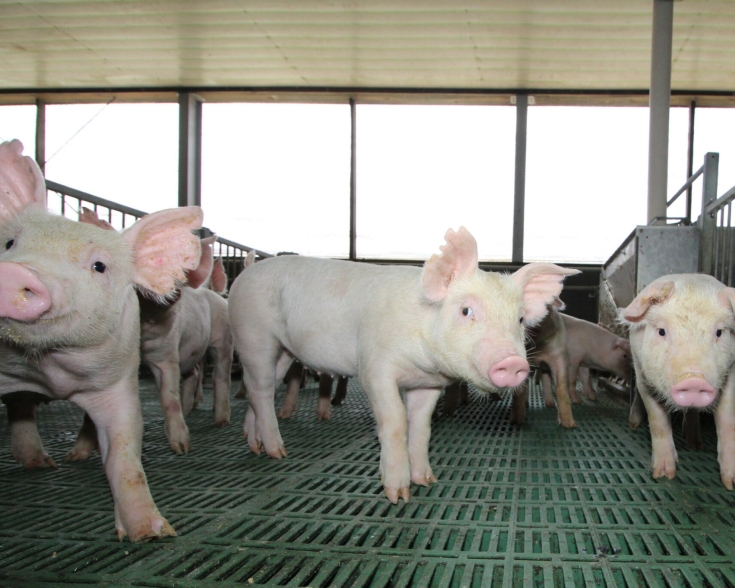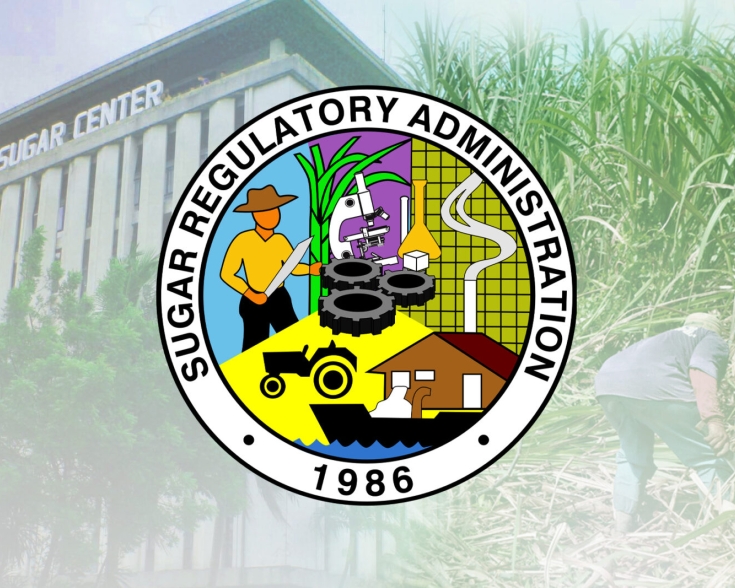Singapore's Investment in Food Science on the rise

On September 5, the National University of Singapore and the Bezos Earth Fund unveiled the Bezos Centre for Sustainable Protein. The Centre, which received 30 million USD from the Bezos Earth Fund, will focus on advancing alternative protein technologies, including microalgae research, biomass fermentation, and cell-cultured and plant-based proteins. Singapore has been a pioneer in alternative protein commercialization, beginning with the introduction of its novel food regulatory framework in 2019, which governs the import, sale, distribution, and manufacturing of novel foods, such as cultivated meat and alternative proteins. This framework provided the legal foundation for novel food businesses to enter the Singapore market, with U.S.-based Eat Just receiving the first approval for its cultivated chicken in 2020. In July 2023, the government revised the framework, creating a defined category for “novel foods” and streamlining premarket approval applications for companies entering the market.
Despite global challenges in food science investment, Singapore remains committed to its “30 by 30” food security goal, aiming to produce 30% of its food locally by 2030. With around $230 million invested in alternative proteins, including $14.8 million for a new Centre for Precision Fermentation, Singapore is now home to over 60 alternative protein startups. Joint ventures like ScaleUp Bio support food-tech growth, and Singapore leads APEC with 24% of its alternative protein startups. With rising regional demand, Singapore is positioned as Asia-Pacific’s leading hub for food science innovation.







